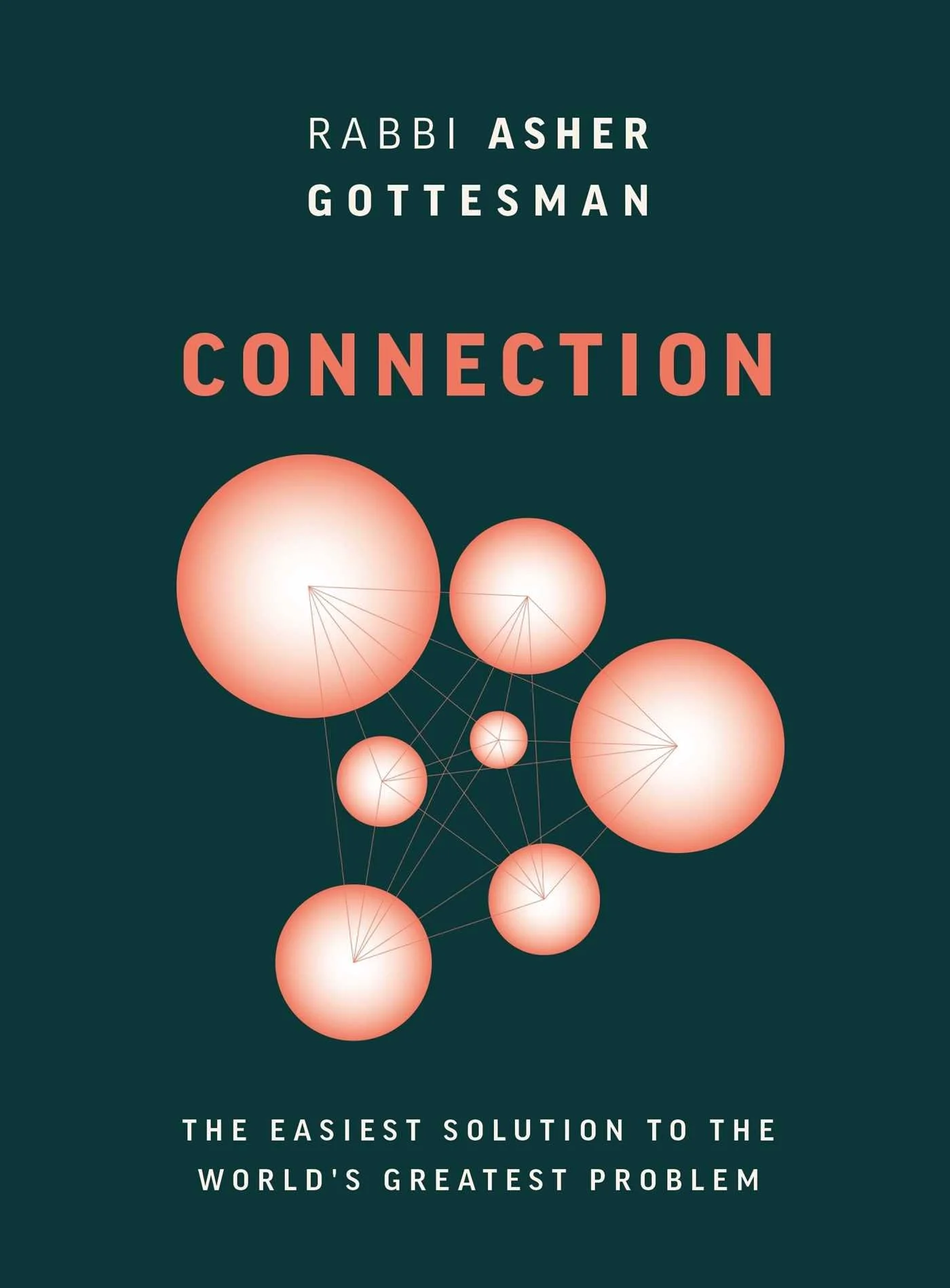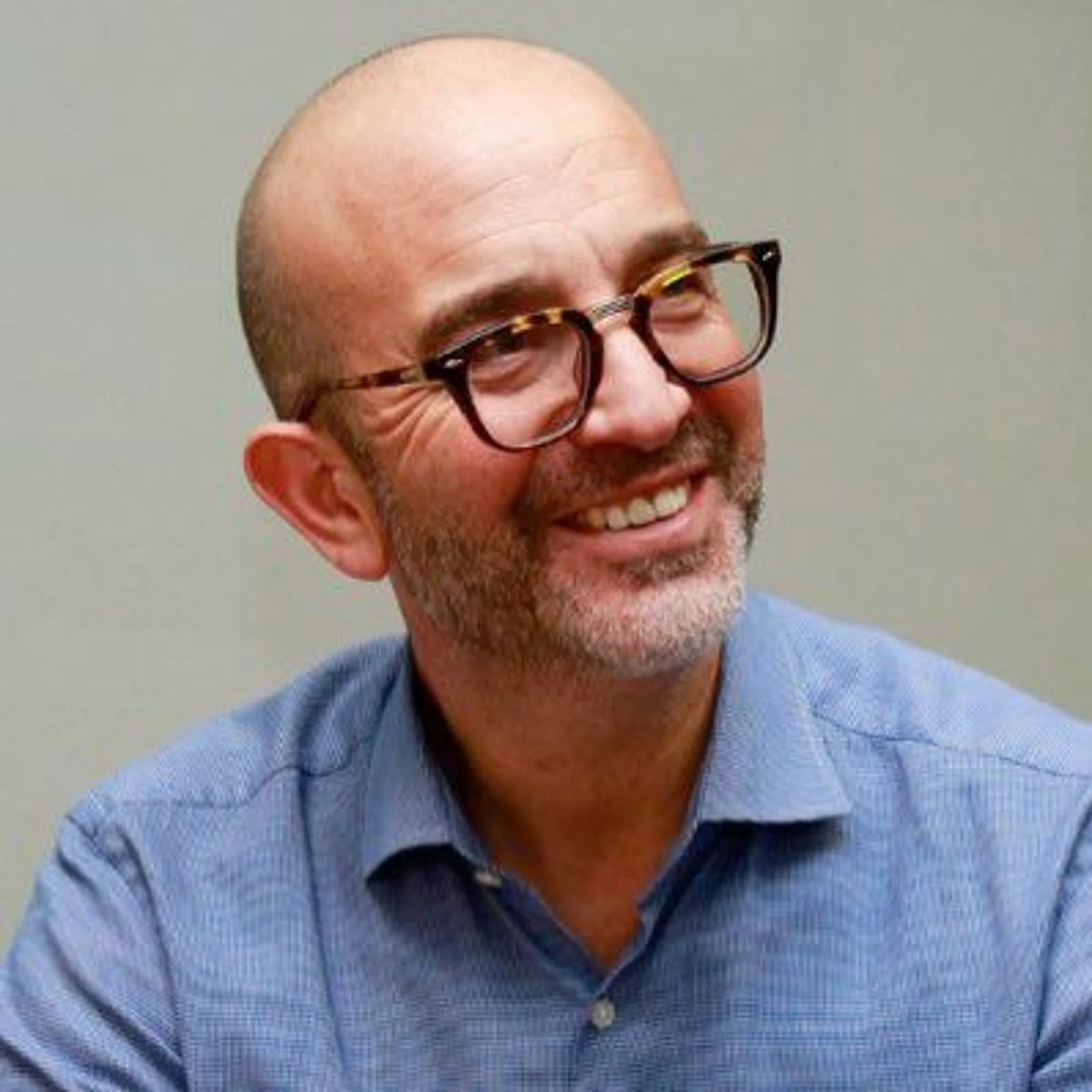Comparing Our Insides to Others' Outsides
by Rabbi Asher Gottesman, Southern CA
A compare-and-despair attitude has become the foundation of the virtual world we now spend hours in—hiding behind crafted poses, smiles, manipulations, and filtered illusions, hoping we can think our way into feeling okay.
This life isn’t what we were made for: doing it somebody else’s way, pretending, blaming others for having more while others blame us for having less. If social media truly bred connection, wouldn’t we be the most connected, enlightened people by now? If it fostered true friendships, wouldn’t we have stopped needing to buy things, amass things, eat things, or shatter things just to feel okay?
Social media is capitalism on steroids. It keeps us apart from God, from our true selves, from true connection, and from the truth—that we are all one.
The inability to turn off my mind, disconnect from electronics, and escape anxiety prevents me from being fully present and makes it difficult to enjoy life. I once had a meeting with a prominent businessperson who used a flip phone. I asked him why, and he replied that he couldn’t focus on life happening around him. He felt it rude to stop being with his family to tend to someone’s text, or to interrupt his work to check an email. The thought of getting rid of my smartphone caused panic—but he inspired me to take contrary action and start giving myself regular electronic breaks. Mini technology vacations. Now I understand him.
It’s nonsensical to believe we connect more by disconnecting from our real lives and entering the land of make-believe, communicating through air transmissions. What have we done to the threads of community?
We know the online semblance of satisfaction isn’t real. We can look up millions of articles on how technology has isolated us more than any other advancement in human history. But knowing only takes us halfway. Knowledge dangles us above the awareness of the chasm we feel inside—one that often has no words. Wisdom shows us the fall, lets us see the destruction, but doesn’t rebuild us. That doesn’t come from knowing. It comes from unknowing. Not from what we say, but from what we don’t say.
Jewish tradition commands us to shut off phones and all electronics on the Sabbath, which is one of my favorite customs. If we don’t set aside time to be quiet and fully present, how can we expect to understand true connection? Every Shabbat, I walk instead of drive, sit by a fire with my family instead of scrolling online, and slow way down.
Thanks to this way of life, I don’t need my phone as much, other than for calls or emergencies. Because I’m dedicated to connecting, I’m dedicated to the stillness that makes it possible. Put down your iPhone and join me, won’t you?
So now I turn it over to you. Set aside five minutes—maybe ten—and meditate. Yes, really. You might play a guided meditation, or music, or sit in silence. Just be still and breathe. You don’t need a fancy retreat. You don’t need to make it a big deal. You only need to shut your eyes and begin.
A tiny timeout in a busy life—requiring no words at all. And really, what better time than now?
Rabbi Asher Gottesman is a spiritual entrepreneur, human connection coach, and Rabbi in Southern California. Now sober seventeen years and counting, Asher has counseled hundreds of men and women and built a renowned reputation where he is recognized by his three hallmark pillars of recovery; Accountability, Community, and Unconditional Love. His new book, Connection: The Easiest Solution to the World's Greatest Problem, is a series of 36 conversations on the ways we can all reconnect—through what we believe, what we do, what we say, and what we embody. Connect with Rabbi Asher Gottesman: https://ashergottesman.com, Transcend Recovery: https://www.transcendrecoverycommunity.com Podcast: Showing Up With Asher G, Instagram: @theasherg, FB: @asher.gottesman.39, Twitter: @TheAsherG


